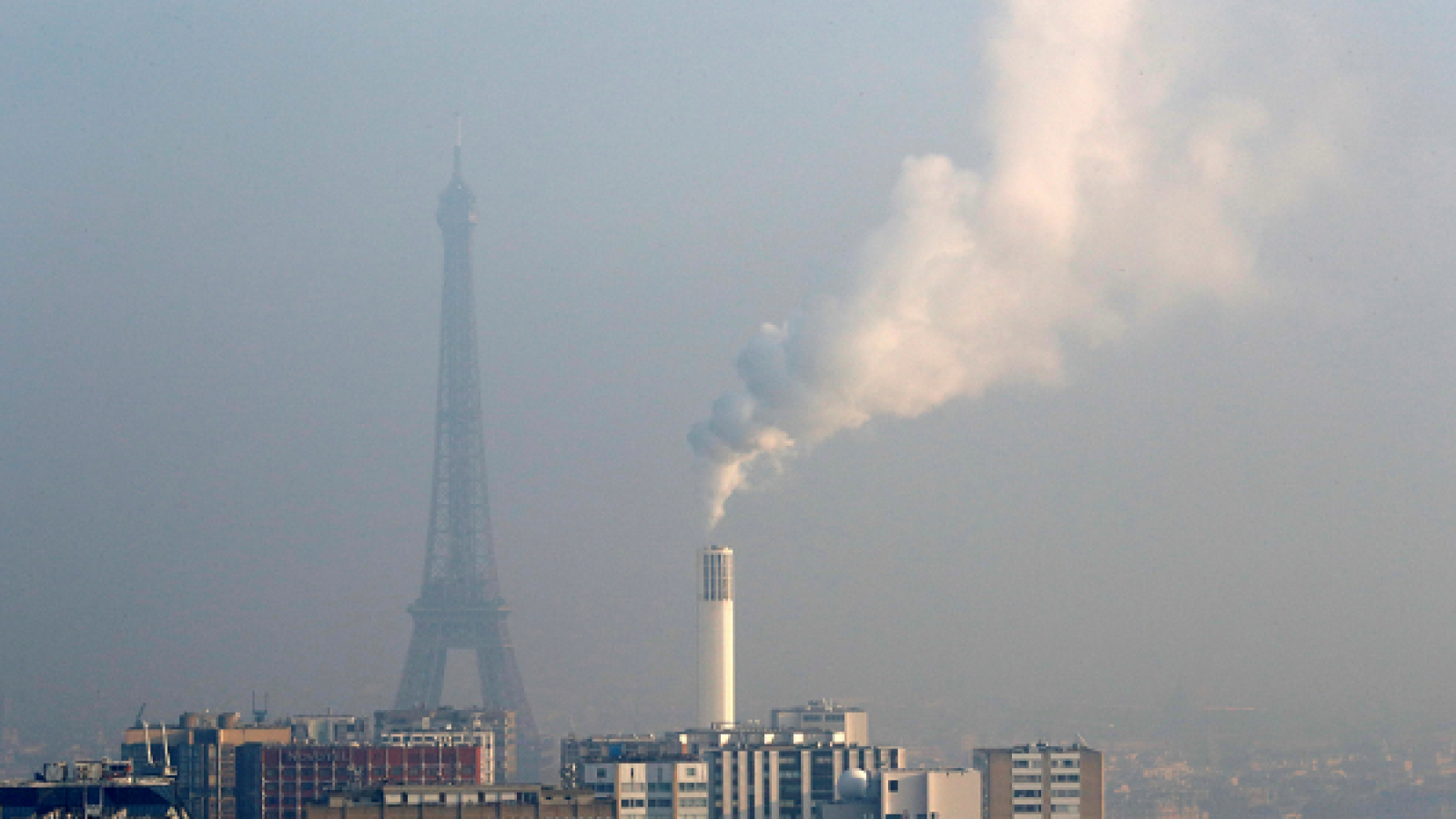A French air quality association has filed a complaint against the Paris metro operator accusing it of downplaying pollution risks for public transport users, who are unwittingly exposed to dangerous levels of harmful compounds.
The Respire ("Breathe") group said it filed its suit in Paris on Monday after its own analyses at several stations, as well as pollution readings by the state-owned RATP operator, had revealed alarming levels of particle pollution in recent years.
It alleged that the RATP was refusing to provide commuters with data showing the true pollution risks, "which constitute aggravated deceit and causing unintentional injuries."
Some four million people use the metro system each day, and the RATP employs tens of thousands of drivers and other workers.
The concentration of fine particles, which can penetrate deep into a person's lungs, are compounded by limited ventilation as well as the braking action on the trains' metal wheels.
-The RATP practices a sort of omerta on air pollution in the metro. It pretends there's no problem, but it needs to tell people the truth. Its denial is a key part of the problem- Respire's director Olivier Blond said in a statement.
Contacted by AFP, the RATP contested the pollution levels cited by Respire, saying the organisation used portable, non-certified measuring equipment whose readings could not be compared with its own.
It also insisted that it was investing in its ventilation systems and experimenting with air treatment technologies as well as "electronic braking" that would release fewer fine particles as trains enter stations.
